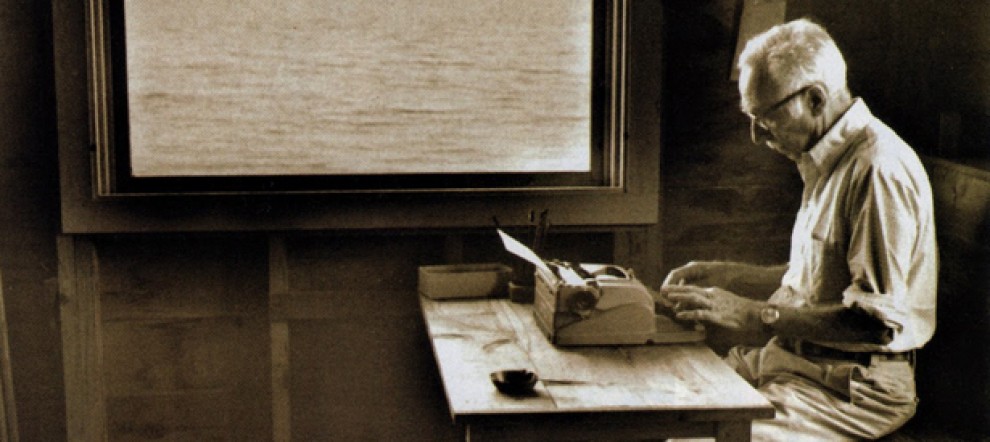Standing up for Philip Roth
Philip Roth (born March 19, 1933) is an American novelist.
He first gained attention with the 1959 novella Goodbye Columbus, an irreverent and humorous portrait of American Jewish life for which he received the U.S. National Book Award for Fiction.
Born in Newark, New Jersey, Roth is one of the most awarded American writers of his generation. His books have twice received the National Book Award and the National Book Critics Circle award, and three times the PEN/Faulkner Award. He received a Pulitzer Prize for his 1997 novel American Pastoral, which featured one of his best-known characters, Nathan Zuckerman, the subject of many other of Roth’s novels. The Human Stain (2000), another Zuckerman novel, was awarded the United Kingdom’s WH Smith Literary Award for the best book of the year. In 2001, in Prague, Roth received the inaugural Franz Kafka Prize. He has married twice. His second wife was the actress Claire Bloom, but since their separation in 1994, he has lived by himself.
In 1972, he moved to a house situated on sixty acres in rural northwest Connecticut. A former two-time guest cottage serves as his studio.
“In most professions there is a beginning, a middle, and an end. With writing, it’s always beginning again. Temperamentally, we need that newness. There is a lot of repetition in the work. In fact, one skill every writer needs is the ability to sit still in this deeply uneventful business. I work all day, morning and afternoon, just about every day. If I sit there like that for two or three years, at the end I have a book.”
Roth wakes early and, seven days a week, walks fifty yards or so to his studio. The front room is outfitted with a fireplace, a desk, and a computer set up on a kind of lectern where he can write standing up, the better to preserve a bad back. He also paces around while he’s thinking and has said he walks half a mile for every page he writes.
In 2000 he was interviewed by David Remnick for the New Yorker:
“I live alone, there’s no one else to be responsible for or to, or to spend time with. My schedule is absolutely my own. I write from about 10 till six every day, with an hour out for lunch and the newspaper. If I want to go back to the studio in the evening, after dinner, I don’t have to sit in the living room because someone else has been alone all day. I don’t have to sit there and be entertaining or amusing. I go back out and I work for two or three more hours. If I wake up at two in the morning–this happens rarely, but it sometimes happens–and something has dawned on me, I turn the light on and I write in the bedroom. I have these little yellow things all over the place. I read till all hours if I want to. If I get up at five and I can’t sleep and I want to work, I go out and I go to work. So I work, I’m on call. I’m like a doctor and it’s an emergency room. And I’m the emergency.”




I love Roth’s work. Thanks, Chris.